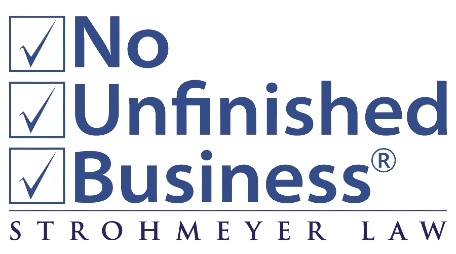What is STEP-UP BASIS When Calculating Estate Tax?
The concept of step-up-basis can be a little confusing, but it could save big on taxes for your beneficiaries. I’ll break it down.
Step-up basis, and how it applies to calculating taxes on your estate
What are Capital Assets?
Capital assets include most property you own for personal or investment purposes, such as houses, furniture, cars, stocks, and bonds. We treat capital assets different from regular income, like a paycheck or W-2 income.
How is the Gain Calculated?
If you buy a stock for $10 and sell it for $100, the gain is $90. The portion of the $100 that will be taxed for capital gains tax is the gain, not the total amount.
Stepping Up Basis: A Key Tax Planning Opportunity
One intriguing aspect of estate tax planning is the step-up or step-down of the basis to fair market value on the date of death. This strategy effective leads to a zero gain if the asset is sold at market value after someone’s death, providing a significant advantage in estate and gift tax planning.
Schedule a free consultation with Strohmeyer Law to protect your family with an estate plan.
Holding Onto Assets Until Death
By retaining capital assets until passing (and not giving them away beforehand), you can avoid income tax or capital gains tax on those gains. The beneficiary receives a free run-up in basis, not having to pay tax on those unrealized gains.
For example, if you buy a stock for $10 and sell it for $100 the day before death, you will pay capital gains tax on the $90 gain. But if you hold onto it until death, your family will avoid capital gains tax, as the fair market value on the date of death becomes the new basis.
In Conclusion
Understanding capital gains tax and using the tax code to minimize the tax by holding onto assets and stepping up the basis to fair market value on the date of death is crucial. It helps in efficient estate planning and minimizing future costs.
End-of-Year Strategies for Irrevocable Gifting Trusts
As the year draws to a close, there are some crucial actions to take with an irrevocable gifting trust.
What to Do If You Receive an IRS Letter
Receiving a letter from the IRS might send shivers down your spine. So what's your first step? Is it always a cause for alarm? Let's walk through what you should do.
Why You Need a Trademark
We'll explain the the four main areas of intellectual property for business owners, why trademarks are crucial, and how to get your marks registered.





